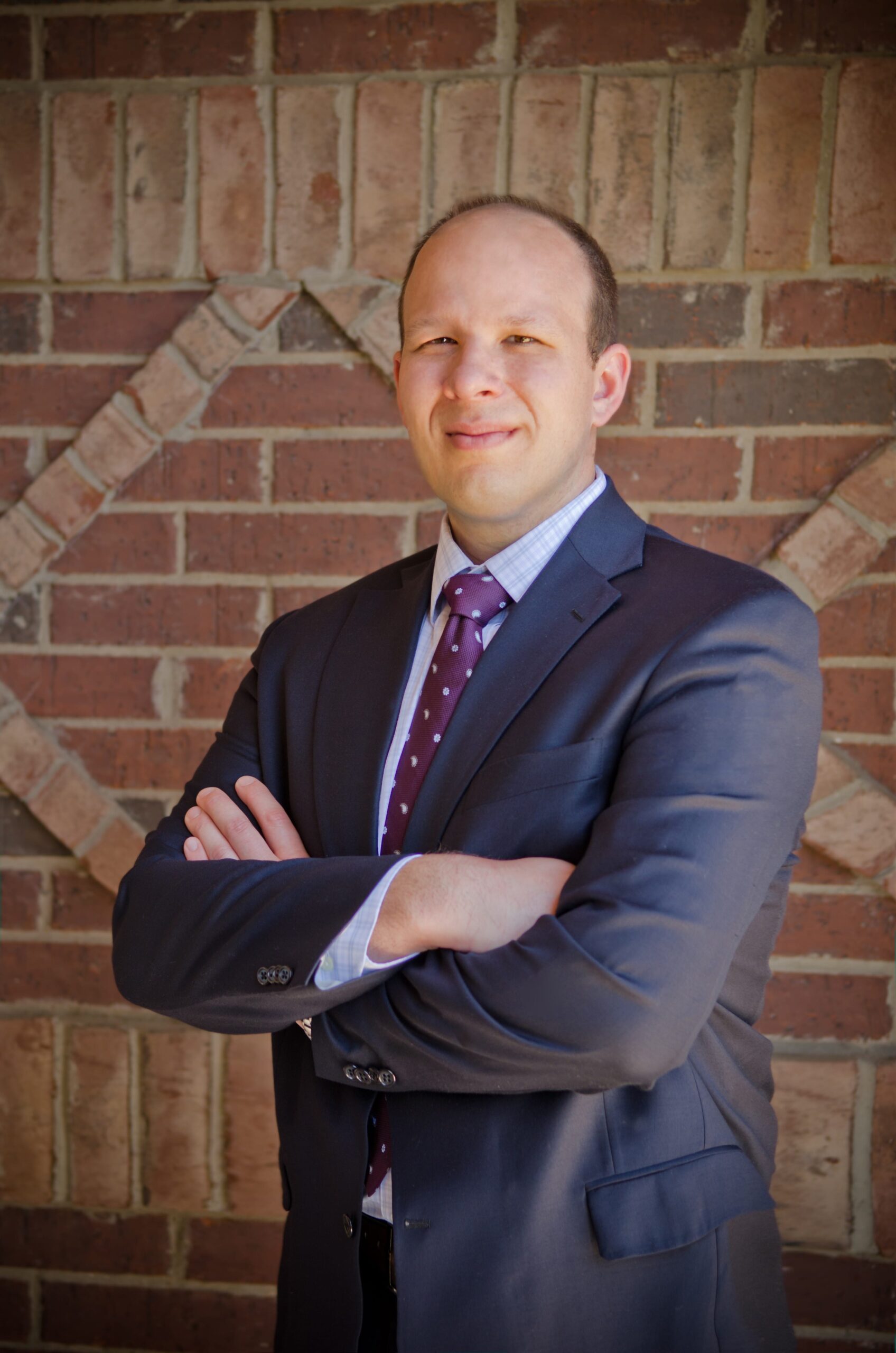It has been noted by more than a few armchair philosophers that “it’s the little things that add up to big problems.” This aphorism applies to many things including back pain. Whether it is poor posture, improper lifting techniques or any number of other bad habits, when they are continued for years, these little things can add up to big pain.
Back pain can be the unintended consequence of everyday activities. In some extreme cases, long term damage to the muscles of the back and even the spine can occur. Correcting or avoiding these activities might save a trip to Texas Back Institute.
Common Causes for Back Pain

“There are certainly many culprits around the house,” noted Dr. Stephen Tolhurst, a spine surgeon at Texas Back Institute. “The most common problems involve lifting improperly. Failing to bend at the knees to lift a heavy object and putting extreme stress on back muscles can wreak havoc on the back.”
“Another common cause for back pain involves staying in one position for a long time with your lower back bent forward. People can also notice significant neck pain when looking upward, keeping one’s neck in that position for an extended period of time.”
Why would someone spend an extended period of time, looking up?
“Simply sitting on the floor, looking up at a television for several hours,” Dr. Tolhurst noted. “Or, if someone is changing light bulbs or doing maintenance work around the house such as cleaning ceiling fans. This task can only be completed by looking up for an extended period of time.”
Back Support is Important
“Sitting in a position where one’s back in not supported for a long period is something that can cause temporary back pain and become a big problem,” he said. “All these things can be exacerbated when these activities occur in conjunction with a patient having weak core musculature, by which I mean the abdominal and back muscles are not strong enough. Having a strong core tends to mitigate these types of problems.”
“Looking down for a long period can also cause back pain,” he said. “Spending hours, with one’s neck bent forward, playing a videogame or texting for long periods has the same problematic effect.”
What Part Does Age Play?
‘“I think children are more resilient than adults,” he said. “It’s hard to quantify this, but I certainly notice it more – when I’ve been in one of these awkward positions – than when I was 10 or 11. I think adults are probably just more sensitive to it than children are. Kids are more flexible and just don’t notice these types of aches and pains as much.”
It must be the Shoes…Right?
Can one’s choice in shoes affect back pain? For example, are high-heels one of those “culprits” Dr. Tolhurst mentioned earlier?
“They certainly can. I always tell women who ask if they can wear high heel: ‘if it doesn’t bother you, it doesn’t bother me.’” he chuckled. “Seriously though, wearing very high heels can change the mechanics of the way you’re walking. These heels can cause issues, not just for one’s back, but for the legs as well.”
“If you wear high heels a lot, and you’re having a lot of back pain, switching to flats might be advisable. However, if you wear them occasionally and you’re not feeling any pain, you’re not doing any permanent harm to your back,” he said.
When Minor Pain Becomes Serious
“Minor pain typically resolves itself within a few days,” he said. “Minor pain tends to be pain that wasn’t there before, inside the back and neck and doesn’t radiate out to the extremities. “
“There are certain things that patients need to be wary of,” he said. “Pain that is very severe and keeps someone from doing any normal activity is something that should be checked by a spine specialist. Any pain that starts radiating out to the arms and legs is of concern and should be checked. Any numbness, tingling or weakness to the arms and legs suggest something more serious than just minor strains.”
If you would like to hear the complete interview with Dr. Stephen Tolhurst, just click below for the Spine Talk podcast.



